3 Lessons learned from the 5th International Anticorruption conference in Oslo
Par Laurène Bounaud, déléguée générale de Transparency International France
Transparency International Norway’s Secretary General Guro Slettemark organized the 5th Oslo International anticorruption conference this past weekend. As I was asked to contribute and to present Transparency International France’s work on strategic litigation, I had the privilege of listening to amazing thinkers and doers, and I have taken back home 3 major lessons worth sharing:
1. Get out of your comfort zone
When speakers deliver quick-fix solutions punctuated by inspirational quotes at big international conferences, gift bags with nicely branded notebooks are not enough to prevent the enthusiasm barometer from falling. When anticorruption conferences are nice and pleasant, maybe we are not going in the right direction.
Anticorruption experts, decision-makers and professionals are expected to share the main measures they implemented, to provide some figures showing the effectiveness of these actions and to discuss how they hope to do more. And more is often defined quantitatively through numbers of trainings, processes, or software. The conference successfully shook up these assumptions by giving the opportunity to humbly try to understand whether the measures we implement or advocate for are achieving their goals, if the right measurements are adopted to assess this and if in the end, objectives need to be reconsidered.
This journey out of the comfort zone is what compliance officers are confronted with on a daily basis, as Michaela Ahlberg (Founder of The Grey Zone) reminded us when discussing “The Telia Case : Raising the bar for corporate conduct”. In companies where compliance is seen as a collection of complicated rules and unnecessary processes restricting the competitive spirit and creativity of those who are expected to spearhead the organization’s economic development, it’s no surprise that compliance is only seen as a burden and not as a powerful tool for positive change. And positive change requires creating tensions… the tensions leading a company to review its processes and individuals to question how they make their choices. The tensions preceding a moment of introspection when faced with a moral dilemma. This cannot be a comfortable thing to do. But compared to making choices that go against your own values and those of the company, it is a preventive medicine that is worth the discomfort. Maybe the focus should then be on the grey zones, making sure that colleagues are equipped to navigate these, and make the best choice they can, between legal, economic, reputational but also ethical and humane considerations.
2. Don’t look for answers, ask the right questions
When looking at numbers to assess progress, one could feel that this profound change in the culture of the organizations we strive for has not yet been achieved. This is what a recent article describes: “half of all fraud cases are never reported publicly, and a typical organization loses close to $3 million in annual revenue to fraud. Furthermore, of the nearly 3,000 executives interviewed for EY’s 2016 Global Fraud Survey, 42% said they could justify unethical behavior to meet financial targets”. Then, “how do you know your program is working?,” asked Hui Chen (Global Ethics & Compliance Leader, Speaker, Consultant, USA). The universal recipe to a good compliance program (tone and conduct of management, autonomy of and resources for compliance officers, ownership of the policies and procedures, trainings, confidential reporting, etc), has led some companies to invest not only lots of money, but also lots of their employee’s time to make sure they adopt the best standards. So are we being told that this was a waste of time and resources? No, of course not. But what we do know is that a checklist approach with the hope of meeting the expectations of the authorities when faced with strong suspicions from the SFO (Serious Fraud Office), the DOJ (Department Of Justice), or the new AFA (French Anticorruption Agency), is not enough. You can have the most beautiful code of conduct but what is it worth if your employees neither know it nor believe in it?
In the age of Open Data and the reign of algorithms, it has become easier to collect and analyze the effectiveness of a new policy or system. But to draw correct conclusions, we need to better measure and identify redundant or ineffective initiatives that can be replaced or eliminated—and ultimately reveal opportunities to make programs more effective. For Chen, it is critical to get serious about measuring outcomes.
It is not only about showing a completion rate of 95% with a mandatory eLearning, but to make sure that people actually learn something from it, that they still do 6 months after taking the course, and that it actually changed the way they work. The same way an efficient whistle-blower hotline cannot be measured only with the number of wrongdoings reported but needs to crosscheck multiple factors (just like usage data, response time, survey on the level of trust of people in the system, etc) to reveal whether it is doing its job (preventing, informing, and detecting).
3. Enlarge your vision
The very last session of the two days conference started with this unexpected question: what is corruption? One could have thought that speakers and participants were far too qualified for these kind of introductions, but it is maybe the critical question to ask oneself when the daily work keeps us busy with too much details to take a step back, and gain the larger perspective needed to find concrete solutions. As professionals, we are expected to answer questions such as the kind of accounting and financial information that we believe should be included in Corporate Registries to make them relevant, whether we think that Panama should be included in the European blacklist for tax havens, or if the whistleblower hotline should be opened to external reporting. These questions are perfectly legitimate and there is a need for adapted and clear answers to all these political or operational issues. The risk being that in the long run we narrow down our vision to details and specifics, losing sight of the broader change we want to see happening in society.
Operating as ethical compasses, NGOs like Transparency International or investigative journalists are allies to turn to when loosing track of « why we do what we do ». Robert Barrington (Transparency International UK) and I had the chance to present our work and how corruption affects people in their daily lives. Barrington described “the impact of overseas corruption on the London property market”, when I introduced the Obiang case. The choices that corrupt leaders and bystanders make in the comfort of their cozy offices can have dramatic consequences on Human rights and the living conditions of millions of people in other countries… the same way, we have seen kleptocrats looting their countries to fund lavish purchases in the rich world with the complacency or the participation of the welcoming countries. Recently, Europe has not been spared by scandals as Khadija Ismayilova (Investigative journalist, Baku, Azerbaijan) – who had to join us by skype because of the travel ban preventing her from coming – explained. The Azerbaijani laundromat, a complex money-for-influence scandal over allegations of corruption targeting the Parliamentary Assembly of the Council of Europe (PACE), will have a lasting impact on democracy and on the trust that citizens place in their decision-makers.
These testimonies are here to remind all of us, corruption fighters, of the consequences of unethical and illegal behaviors, but also that incredible potential for positive change exists when we come together and pursue the same objective with the right tools.
I go out of here uplifted, with an enlarged vision and convinced of how all the little dots, once connected, pave the way for a more just society.
Nos dernières actualités

Corruption and climate change: the key to the past and the fight for the future
publié le : 20-03-2023

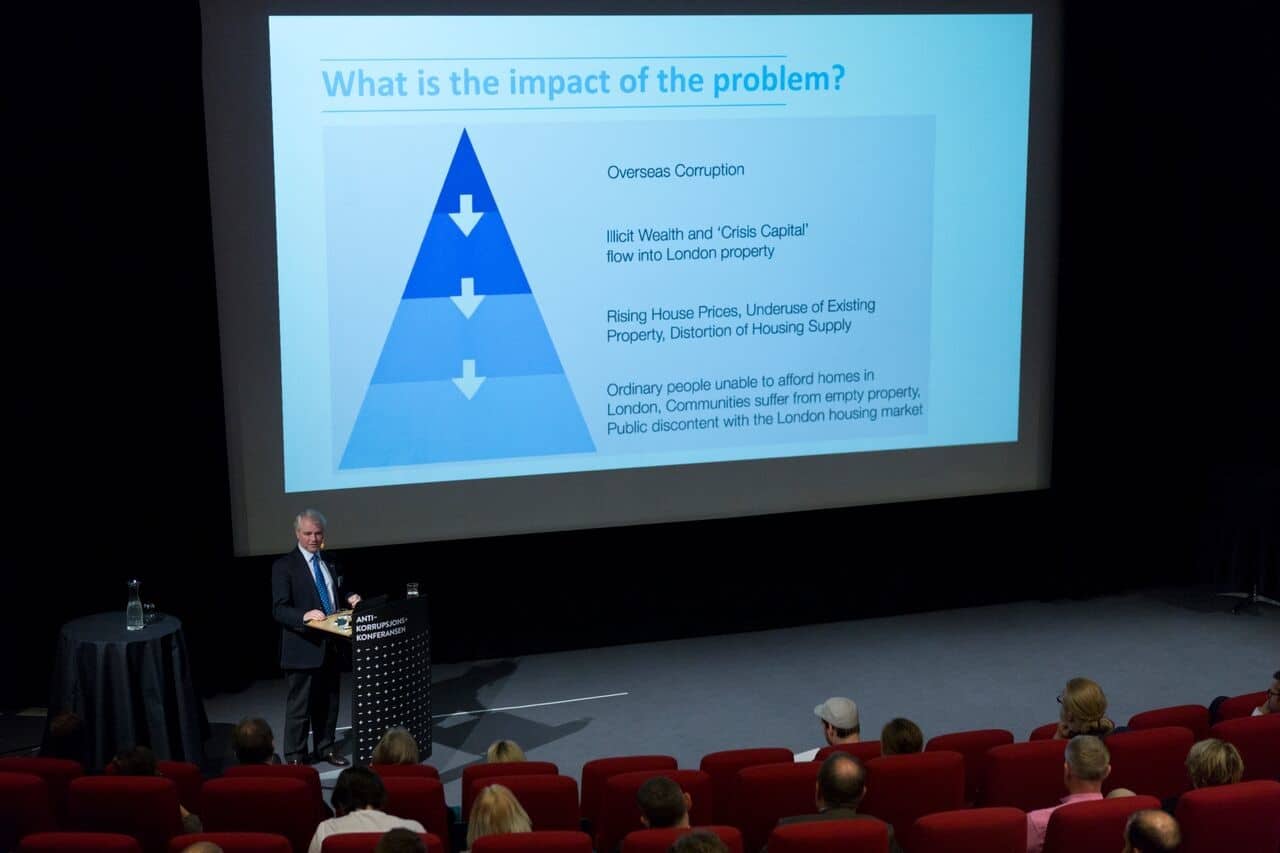
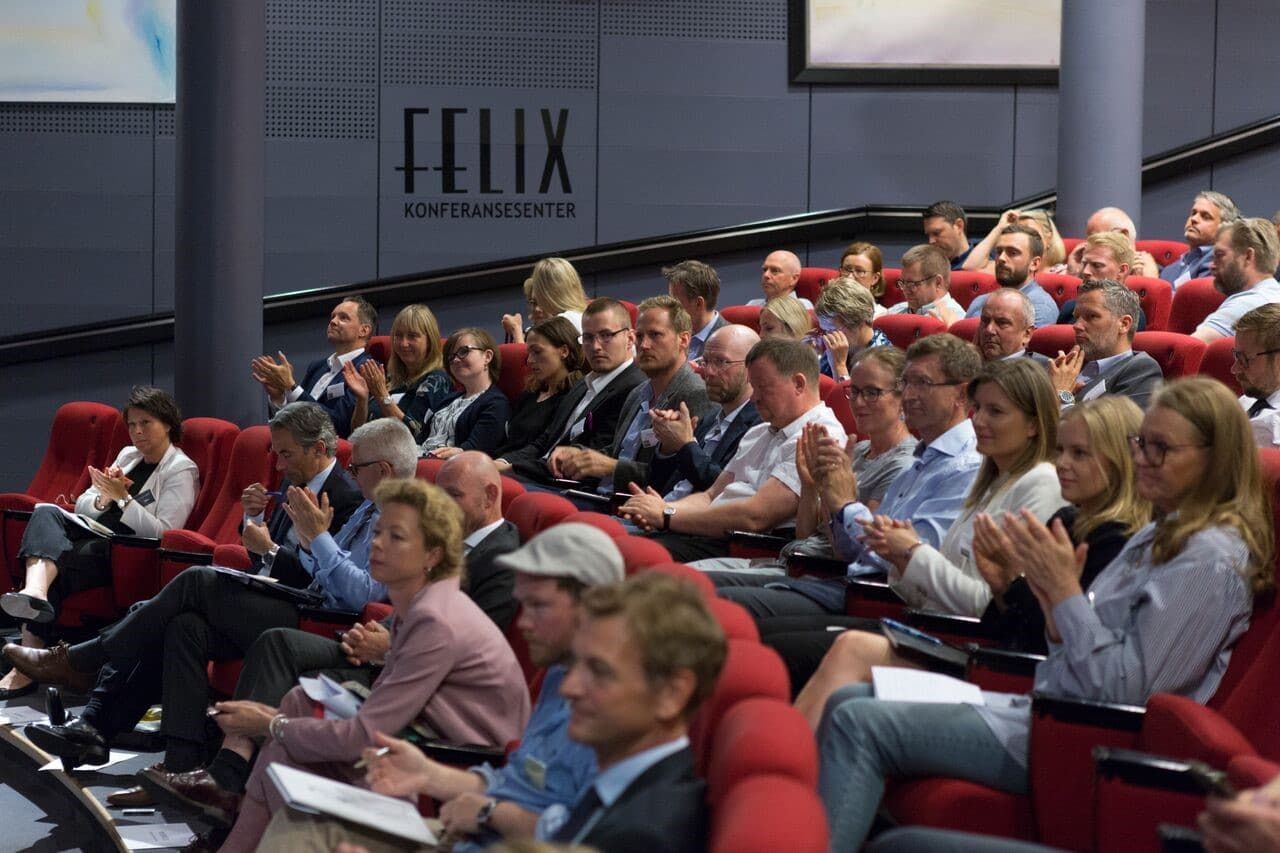
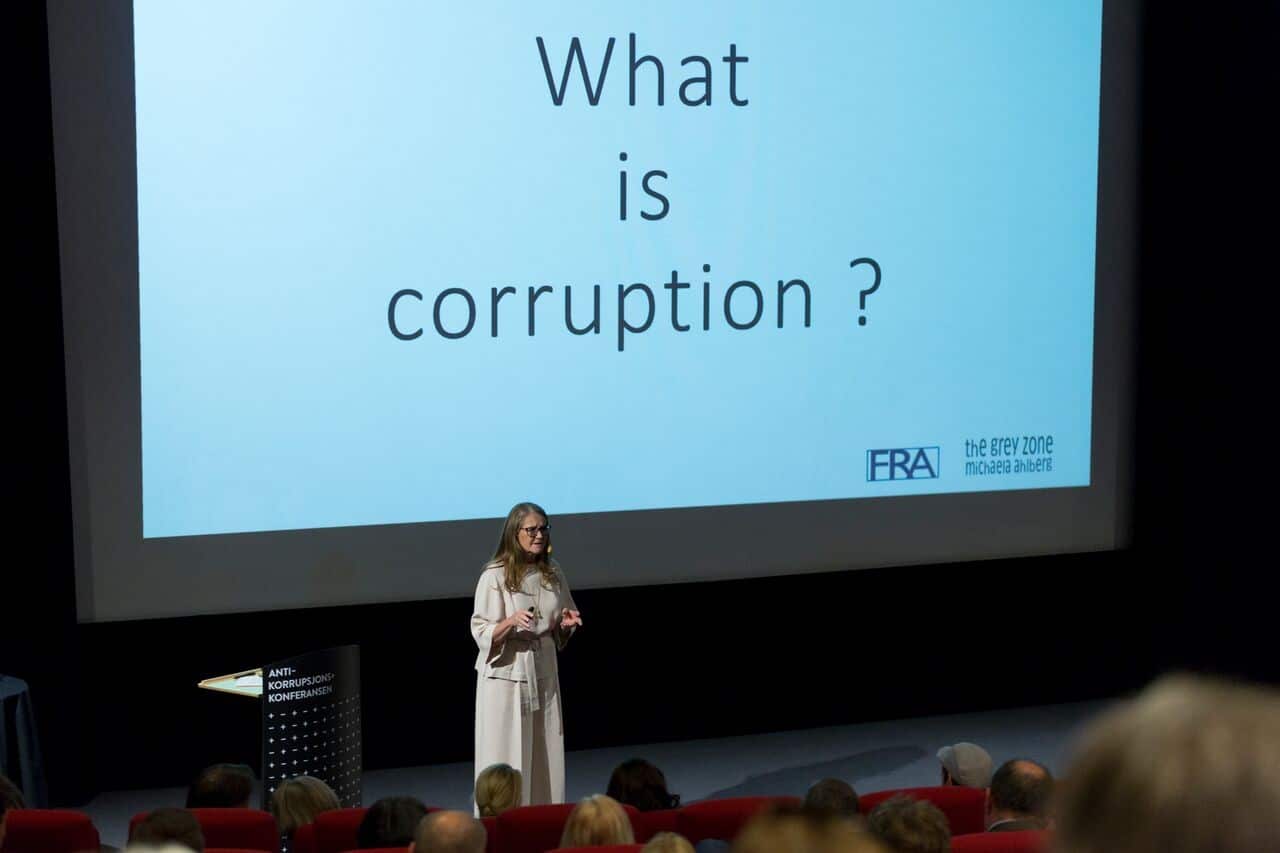
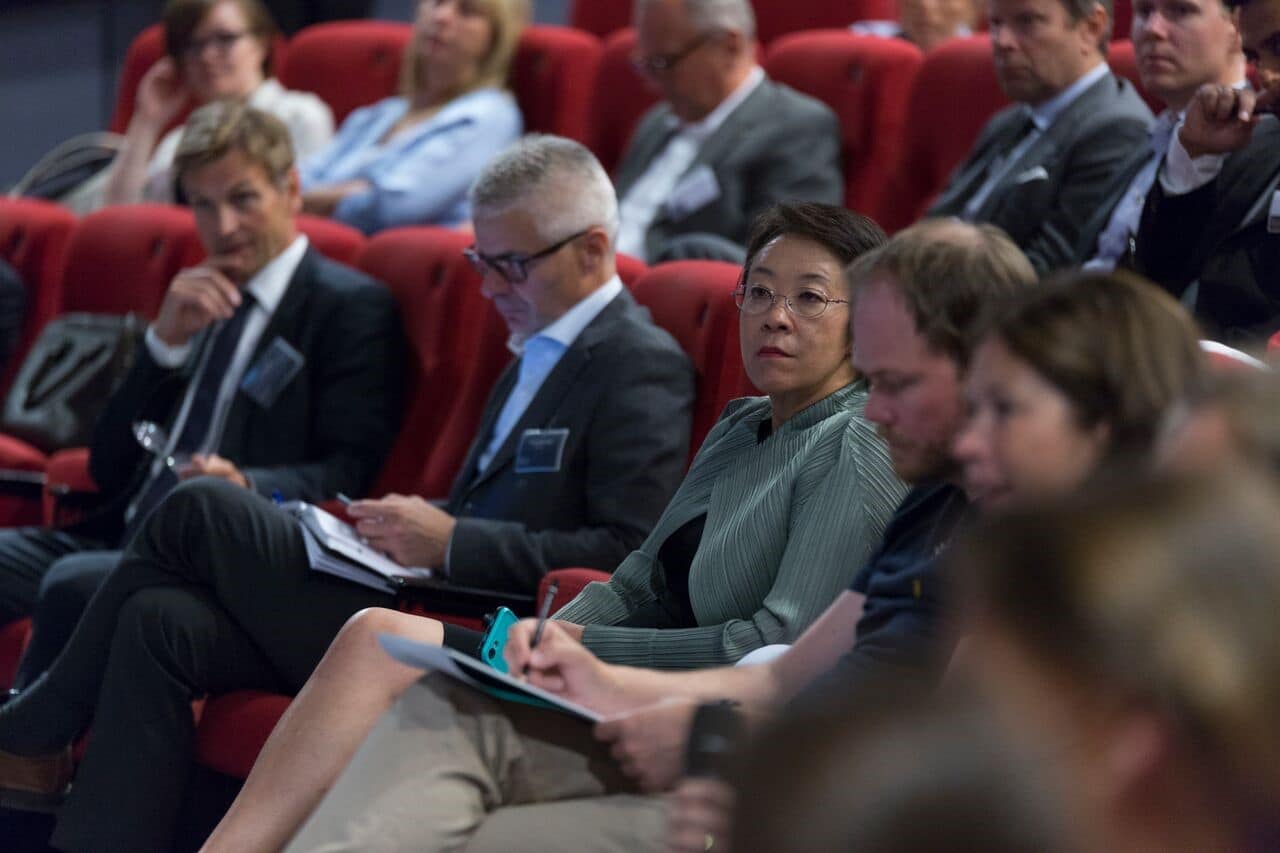

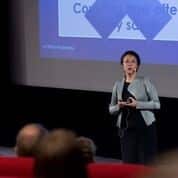
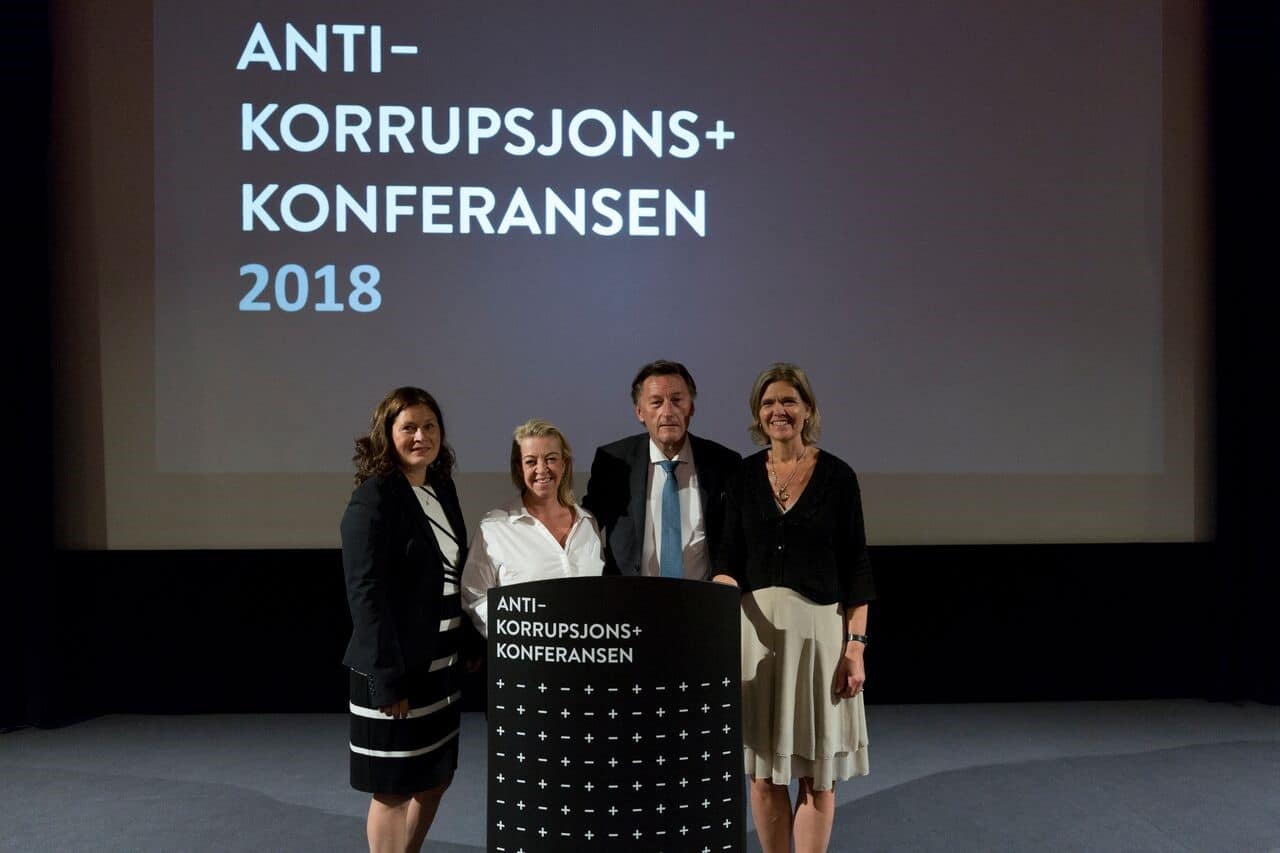





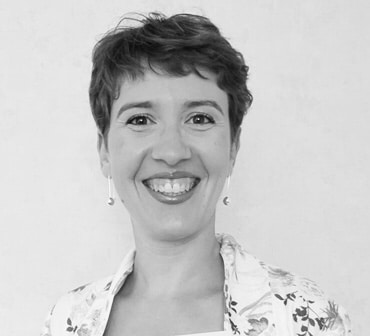
![[COMMUNIQUÉ] LE LOBBY DES PESTICIDES A-T-IL EU RECOURS A UN CHANTAGE A L’EMPLOI MENSONGER ? 4 ORGANISATIONS SIGNALENT UN POSSIBLE MANQUEMENT DE PHYTEIS A SES OBLIGATIONS DEONTOLOGIQUES [COMMUNIQUÉ] LE LOBBY DES PESTICIDES A-T-IL EU RECOURS A UN CHANTAGE A L’EMPLOI MENSONGER ? 4 ORGANISATIONS SIGNALENT UN POSSIBLE MANQUEMENT DE PHYTEIS A SES OBLIGATIONS DEONTOLOGIQUES](https://transparency-france.org/wp-content/uploads/2023/02/visuel-commun-carré-580x580.png)

![[NOTE DE POSITION] REFORME DE LA POLICE JUDICIAIRE – Audition de Transparency France dans le cadre de la mission d’information de la Commission des Lois du Sénat [NOTE DE POSITION] REFORME DE LA POLICE JUDICIAIRE – Audition de Transparency France dans le cadre de la mission d’information de la Commission des Lois du Sénat](https://transparency-france.org/wp-content/uploads/2022/11/réforme-de-la-police-judiciaire-carré-580x580.jpg)